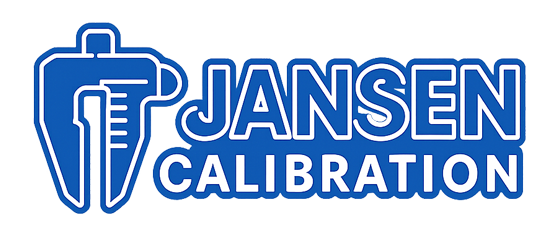No products in the cart.

In pharmaceutical manufacturing, precision and compliance are not optional—they are mandatory. From drug formulation to packaging, every process step must meet strict regulatory standards set by organizations like the FDA, EMA, and WHO. Among all measurement parameters, temperature is one of the most critical. Whether it’s monitoring cleanrooms, validating autoclaves, or controlling cold storage, accurate temperature measurement directly impacts product quality, patient safety, and regulatory compliance.
This is why temperature calibrators play a vital role in pharmaceutical facilities. By ensuring that thermocouples, RTDs, sensors, and other devices are correctly calibrated, pharmaceutical companies can maintain the highest standards of accuracy and reliability.
But with so many calibration tools on the market, the question arises:
Which are the best temperature calibrators for pharmaceutical facilities?
In this article, we will explore the top solutions available, what features matter most, and provide examples of recommended instruments used in the pharmaceutical sector.
Why Temperature Calibration Is Critical in Pharmaceuticals
Pharmaceutical production involves multiple stages where temperature accuracy is essential:
Sterilization & Autoclaves – Autoclave chambers must maintain exact temperatures to ensure sterility.
Cold Storage & Stability Chambers – Vaccine and drug storage requires reliable monitoring of sub-zero conditions.
Cleanrooms & Manufacturing Areas – Environmental monitoring is essential for maintaining controlled conditions.
Laboratory Testing – Analytical equipment relies on precise temperature control for repeatable results.
Regulatory bodies require traceable calibration records for every temperature measurement device used in production and quality control. A single calibration error can cause compliance violations, costly recalls, or even safety risks.
That’s why choosing the right temperature calibrator is a strategic decision for pharmaceutical facilities.
Key Features to Look for in Pharmaceutical Temperature Calibrators
When selecting a calibrator for pharmaceutical applications, engineers should prioritize:
High Accuracy & Stability – Essential for traceability and regulatory compliance.
Wide Temperature Range – Covering both low-temperature storage and high-temperature sterilization.
Portability – Lightweight designs for field validation and on-site testing.
Data Logging & Documentation – Critical for compliance audits and validation protocols.
Ease of Use – Simple operation for technicians across multiple shifts.
Top Temperature Calibrators for Pharmaceutical Facilities
1. Fluke 9142 Field Metrology Well
The Fluke 9142 Field Metrology Well is designed for pharmaceutical environments that require stable, accurate, and portable calibration. Its compact design makes it perfect for cleanroom use.
Key Benefits:
Temperature range: –25 °C to 150 °C
Stability up to ±0.01 °C
Lightweight and portable for field work
2. Fluke 9190A Ultra-Cool Field Metrology Well
For pharmaceutical cold storage and vaccine facilities, the Fluke 9190A Ultra-Cool Metrology Well is ideal. It ensures precision calibration in ultra-low temperature environments.
Key Benefits:
Temperature range: –95 °C to 140 °C
Best-in-class stability and uniformity
Meets demanding pharma cold chain validation requirements
3. Fluke 7103 Micro-Bath Calibrator
The Fluke 7103 Micro-Bath Calibrator is engineered for laboratory and production environments where portability and accuracy are required. Unlike dry-block calibrators, micro-baths provide a liquid medium for better thermal contact with probes.
Key Benefits:
Wide temperature range (–30 °C to 125 °C)
Compact and transportable design
Excellent stability and uniformity
4. Dry-Well vs Liquid Bath: Choosing the Right Type
Dry-Well Calibrators: Compact, clean, and easy to use—ideal for field engineers performing quick checks in pharmaceutical plants.
Liquid Bath Calibrators: Offer superior uniformity and accuracy—preferred for laboratory calibration of multiple probes simultaneously.
For a detailed comparison, see our article: Temperature Baths vs Dry-Well Calibrators: Choosing the Right Solution for Lab Accuracy.
Looping in Multifunction Calibration
While dedicated temperature calibrators are highly effective, many pharmaceutical companies also adopt multifunction process calibrators. Instruments like the Fluke 754 Documenting Process Calibrator allow engineers to perform not only temperature calibration but also pressure, current, and voltage testing—saving time during facility-wide audits and maintenance checks.
Conclusion
Temperature calibration is not just a technical requirement—it’s a regulatory obligation and a quality guarantee in pharmaceutical manufacturing. By using the right temperature calibrators, facilities can ensure that every sensor, probe, and transmitter meets the highest standards of accuracy and compliance.
At Jansen Calibration, we provide a complete portfolio of temperature calibrators, from field metrology wells to micro-baths and multifunction process calibrators, trusted by pharmaceutical companies worldwide. Explore our catalog today and equip your facility with the most reliable calibration solutions.
